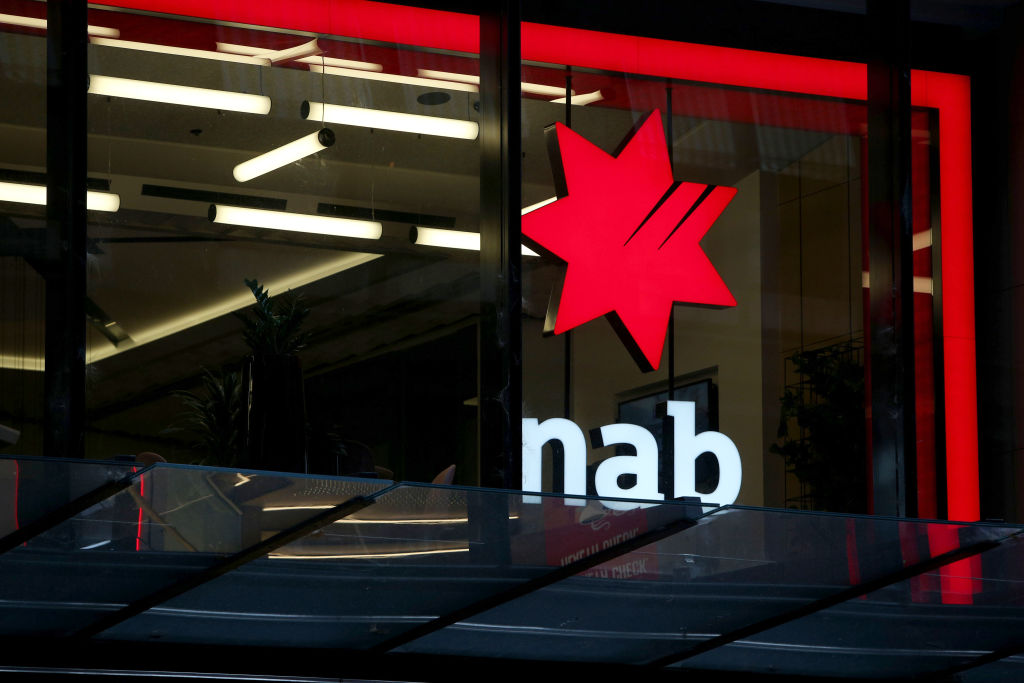National Australia Bank (NAB) has announced it will be blocking its customers from moving their money to “high-risk” crypto exchanges. This is, they say, in the name of trying to dampen crypto scams.
While NAB didn’t outright name any Australian exchanges that were deemed high-risk, many in the crypto industry feel that this is yet another example of the big-bank discrimination against them. Why? Because, they claim, the crypto industry is their competition.
This is not the first time that banks have blocked their customers from interacting with crypto exchanges. In June, multiple banks said that they will be placing a $10,000 limit per month on their customers who want to move their money to crypto exchanges. One Australian exchange quickly provided a workaround for these restrictions. Still, to crypto businesses in Australia, it is a somewhat baffling stifling of the cryptocurrency industry, which is totally legal in Australia.
NAB: Is the ‘crypto danger’ real?
While people are getting scammed using crypto, it is crucial to recognise that scams exist in all industries. In fact, romance scams alone, using normal money, cost Australians more than $40 million in 2022. These scams start from connections formed via Facebook and Instagram and other social media websites. So why aren’t we banning these platforms? Are the big banks genuinely concerned about customer protection, or are they simply trying to maintain their monopoly over the financial system?
We pitched the question to NAB, who said in a statement to The Chainsaw that “the decision to block payments to several crypto exchanges is consistent with broader industry action in reducing scam-related cryptocurrency payments.”
NAB will “continue to monitor the rate of fraud and scams in relation to cryptocurrency exchanges, including the impact of these changes made, and may make further changes in the future if required.”
NAB also said that Australians lost more than $221 million last year to crypto scams, which they claim are one of the fastest-growing security threats. “These scammers are part of organised, transnational crime groups.”

Blockchainers are not happy
Blockchain Australia campaigns for the adoption of blockchain technology by Australian governments and industry. They released a statement in June, in response to banks placing limits on how much money their customers can upload to crypto exchanges.
Lisa Wade is the Deputy Chair of Blockchain Australia. She said: “Blockchain and Web3 are the financial rails of the future and it is really important Australia is part of this build”.
Jackson Zeng is the CEO of Caleb and Brown, an Australian crypto brokerage. He said: “The recent decision by banking institutions to restrict millions of their customers from making payments to cryptocurrency exchanges represents a profound curtailment of economic freedom in Australia. Every individual has the inherent right to the economic freedom to make decisions on how and where to use their finances or allocate their investments. The principal role of banks is to facilitate these decisions, not to impose restrictions upon them.”
Anti-competition
Lachlan Feeney is the Founder and CEO of Labrys, Australia’s largest on-shore blockchain development agency, which is based in Brisbane. He takes the position that the moves of the big four banks’ is just the latest iteration of their anti-competition streak. Feeney told The Chainsaw that while the banks are saying they are protecting customers against frauds and scams, it might not be the whole picture. “To me, this just looks like an opportune time, while crypto is out of favour and low in terms of public opinion, to try and slow things down. They have probably been wanting to do this for a long time,” he said.
Customers of Australian crypto exchanges must meet identification requirements that are similar to that of banks, in order to use Australian Dollars on the exchange. So why is it less safe for someone to buy crypto?
Feeney says it’s a good question and the answer is that “it’s not less safe.” He says, “I think the risk and the damage that’s done by crypto scams is severely overblown. Substantially more fiat is lost to scams every year. There ARE crypto scams out there, but the scams don’t take place on the exchanges. The banks are not typically big fans of cryptocurrency, it is competition to their services. To me this looks like an opportune time when public sentiment is low, to prevent capital leaving their deposit accounts.”
NAB big banks: Debanking?
Feeney says it is worrying how many normal crypto businesses are being cut off from banking services. “I’ve been in the crypto space for a while. I’ve yet to be debanked, fingers crossed! But I’ve certainly had many clients who have been debanked, because the businesses directly deal with crypto in order to operate. It’s traumatising to have business funds that are used to do payroll and other things suddenly frozen. When a bank tells you that you can no longer use their services, this is extremely disruptive. In my opinion, this is targeted.”
Whether the banks like it or not, crypto and other blockchain activities are a growing sector of the economy. Feeney says: “Over a third of Australians, and certainly young Australians own, or have owned crypto at some point. It’s just completely unacceptable to totally debank people in an entire industry. There are certain verticals where you should not be able to discriminate or outright refuse services, like utilities, water and electricity. Banking services are a pretty fundamental thing that you should not be able to be banned from. To be debanked as an individual is an enormous inconvenience, but for businesses, it’s a much, much larger inconvenience. That’s extremely concerning, particularly if we want to see ourselves as a place to be when it comes to blockchain and crypto startups.”
Michael Bacina is the Chair of Blockchain Australia. He said: “Banking is an essential service to nearly every Australian business in our increasingly digitised economy, and there is an outsized impact on all customers of a business when payment restrictions or debanking takes place. In many cases it can be fatal for the business.”





